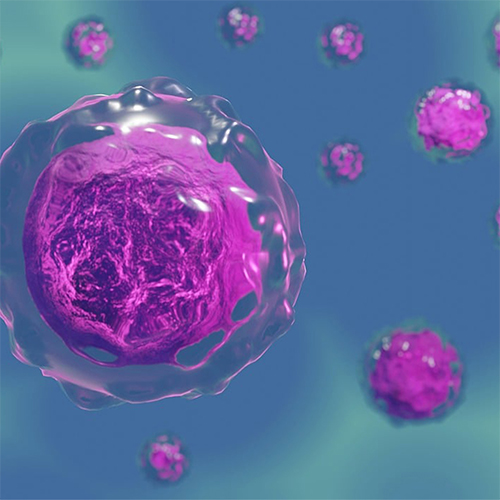The results of recent research into the combination of nanoparticles and chemotherapeutic drugs in mesothelioma treatment are positive.
Recent medical research out of Boston may point to an improvement of chemotherapy effectiveness in the treatment of mesothelioma cancer tumors when the drugs are delivered after doctors have injected nanoparticles into the tumors beforehand. This two-step approach to chemotherapy for mesothelioma was successful in the laboratory and in mice.
Nature of Mesothelioma and Challenge of Treatment
Malignant mesothelioma is a rare, fatal cancer caused by breathing in or swallowing asbestos, often in industrial or other work settings. Mesothelioma tumors develop in the linings around internal organs, usually around the lungs, chest or abdomen, and even more rarely surrounding the heart or testicles.
Symptoms of mesothelioma are severe and can include significant pain, shortness of breath, excess fluid in the chest or abdomen, coughing, swelling, blood clots, weight loss, marked fatigue and others. In addition, standard cancer treatment methods can have debilitating side effects on top of the already challenging cancer symptoms. Mesothelioma often does not manifest until its victim is elderly, making aggressive treatment even more taxing.
Mesothelioma can be difficult to treat, depending on the nature of the tumor and whether the cancer has spread to other areas of the body. Standard treatment includes surgery, chemotherapy and radiation, but research and clinical trials are ongoing.
According to the American Cancer Society’s Cancer Information Database Editorial Board:
- One reason mesothelioma can be challenging to treat is its tendency to spread from the tumor of origin to other internal surfaces, the blood and nervous system, making complete eradication of the involved cancer cells elusive.
- Treatment methods are less developed because of mesothelioma’s rarity.
- Fewer medical professionals are familiar with mesothelioma than with other cancers.
Details of the Study
In mesothelioma and related cancers, chemotherapeutic drugs injected alone do not tend to concentrate well in tumors, according to researchers affiliated with Boston University and Brigham and Women’s Hospital in Boston who conducted the study, published in a January 2016 article in Scientific Reports. If the drug is not concentrated highly enough within the tumor, the cancer cells do not die in response to the drug, but instead “enter a resting state.”
The researchers found that by injecting specifically engineered nanoparticles (extremely small pieces of matter) in the tumor first, a later dose of chemotherapy drug would bind to the nanoparticles in the tumor and the drug would stay in the tumor in concentrations five times higher than they do without the nanoparticles and for longer time periods.
Advocates and patients will watch with interest and hope for the results of further research into this type of two-step chemotherapeutic treatment.
Anyone with mesothelioma or who has lost a loved one to the disease should speak with an attorney as soon as possible about potential legal remedies linked to asbestos exposure. A monetary recovery could help to ease the financial burdens that such a devastating diagnosis can bring.
With offices in the San Francisco Bay Area, Los Angeles, Salt Lake City and Portland, the lawyers of Brayton Purcell, L.L.P., represent clients across the country who suffer from the effects of asbestos exposure.














